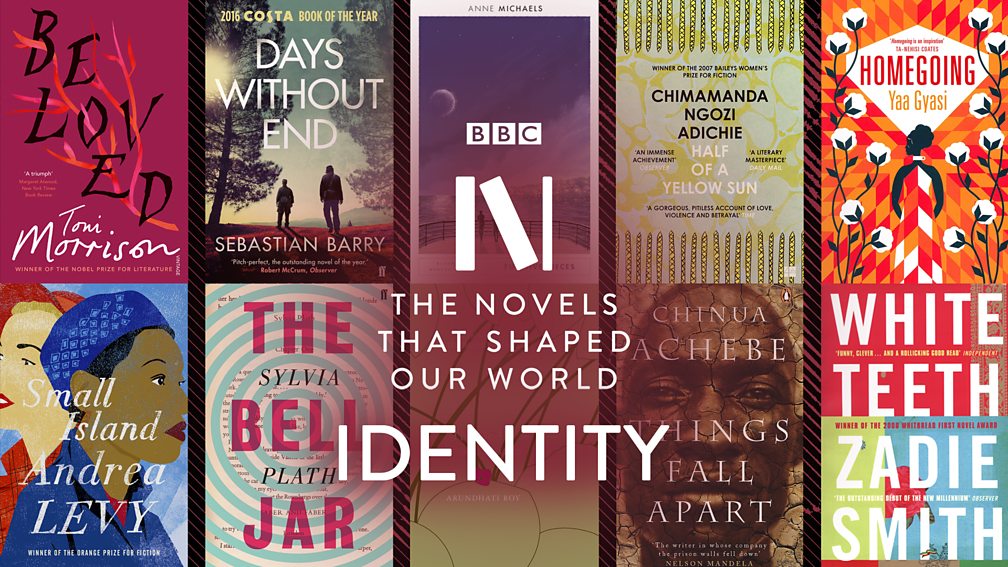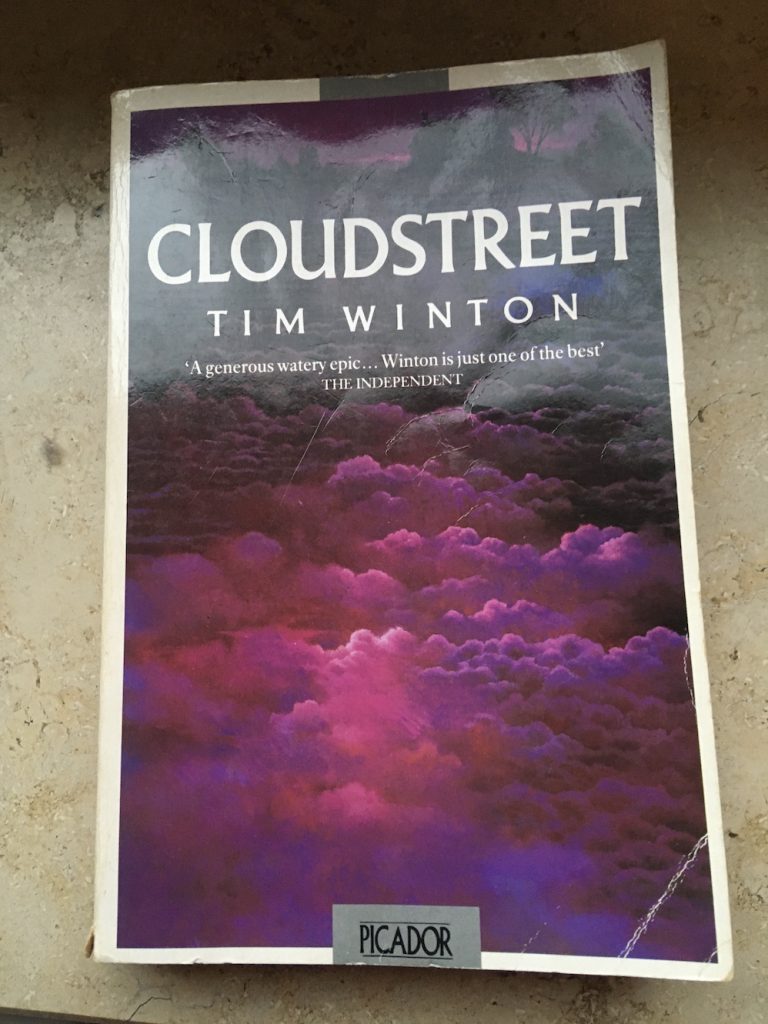Since 1922 (it just had to be 1922!) the BBC has informed and entertained at home and abroad; during times of empire – its waning and its demise; in war and peace; through political turmoil and social upheaval. In these days of instantaneous communication and the new media that has evolved out of it, she navigates gingerly through troubled waters but, hopefully and with good will and chance, is in no real danger of sinking anytime soon – with or without the license fee, meddling politicians, the next app, or the next big thing.
With a timeline to be explored either by year or thematically, and thoughtful collections of 100 objects, 100 faces and 100 voices that have been accumulating over the year, the BBC proudly displays the first century of their being.
Whether the Coronation Map of 1953, David Attenborough’s rejected job application (an ‘oversight’ that was thankfully quickly reversed!) or the Monty Python animations of Terry Gilliam, especially the objects category offers surprises and something familiar for almost everyone.
And from the beginning, women were there; in many roles, mostly unheralded, underpaid and pawns to the patriarchal structures of … Auntie Beeb! For me the name Hilda Matheson jumps out; she who shared with Virginia Woolf (who wrote of her disparagingly – that, enough to make one curious) the affections of Vita Sackville-West. Specific to her work with the BBC, this blog entry is very interesting, and illustrative of what the ‘girls’ were up against.
During my exploration of the celebratory website, links to the Radio Times were prevalent and it turns out that the Programme Index includes amongst its (searchable) historical listings also digitized copies of the Radio Times. One way (should the time allow) of appraising the societal history of the United Kingdom over the last century – thinking about how far it has come and imagining how far it could go.


